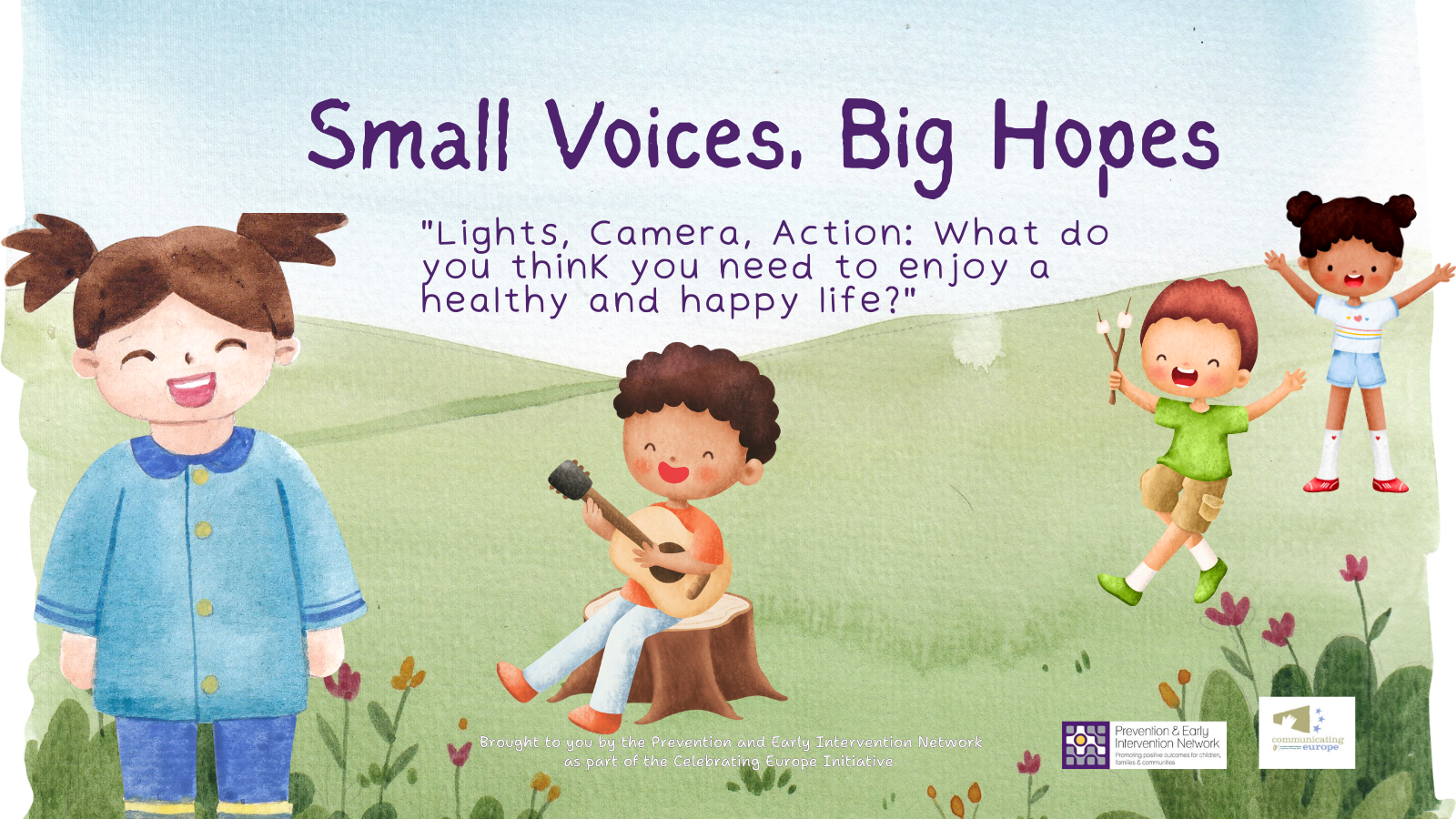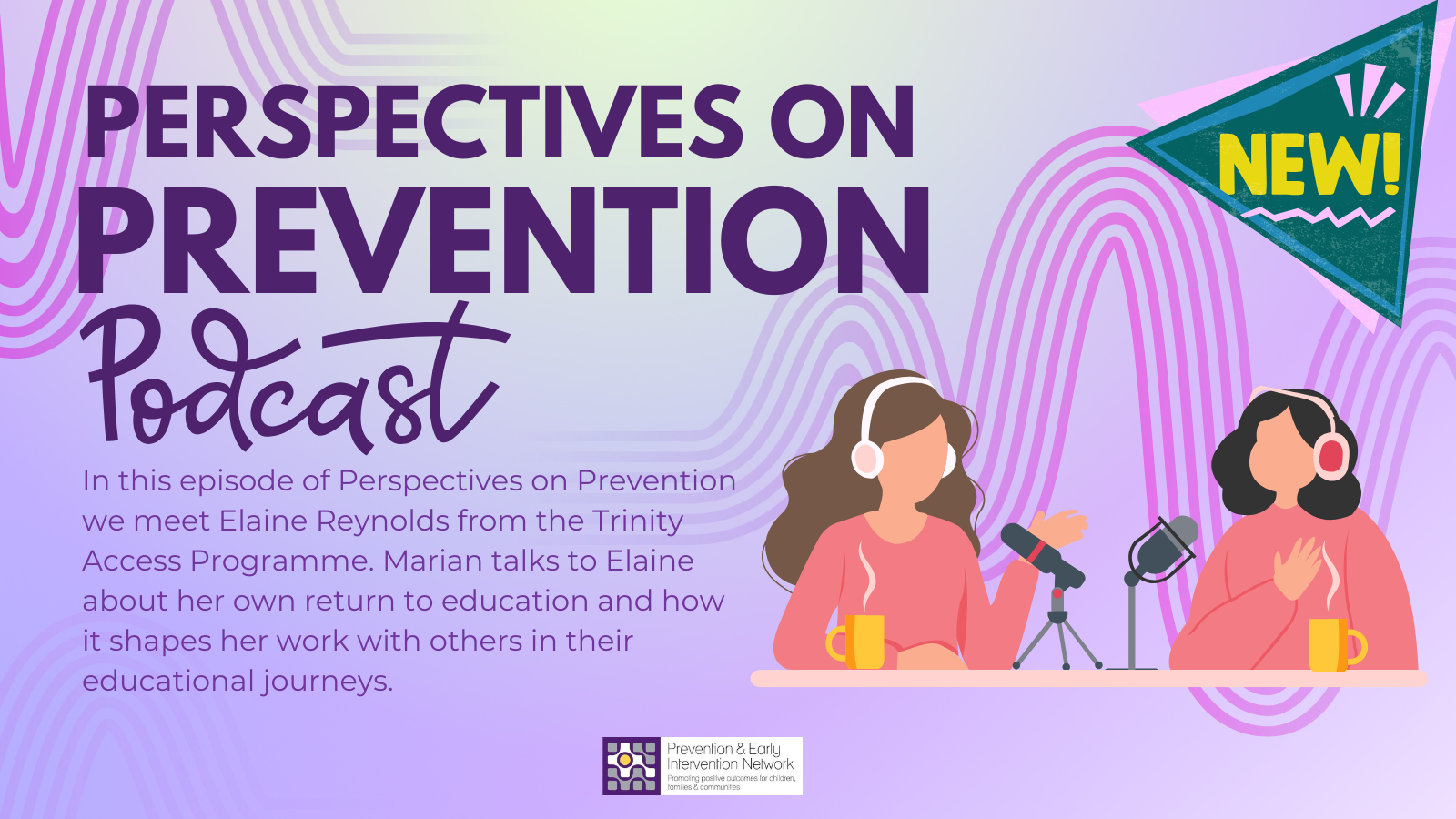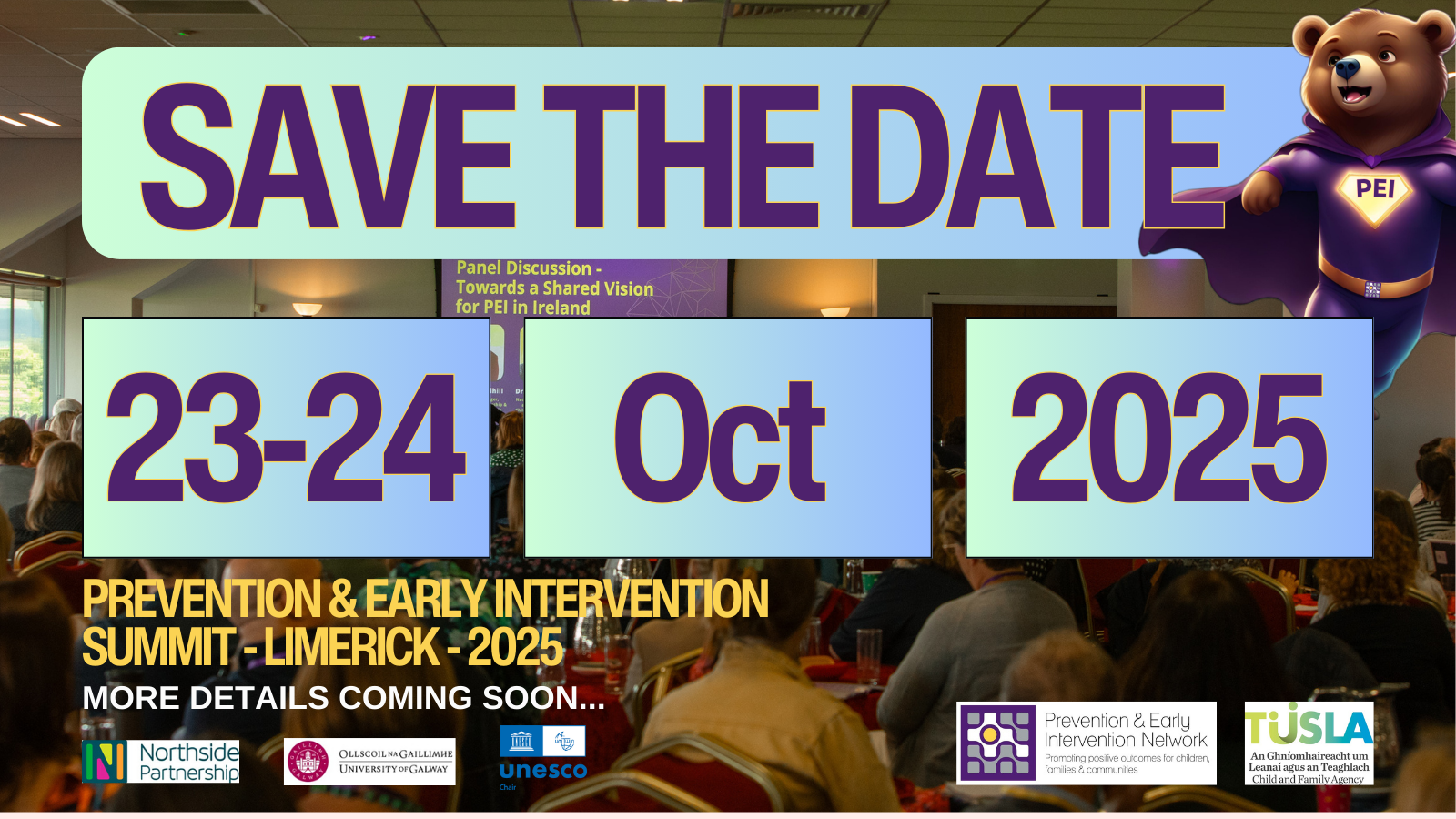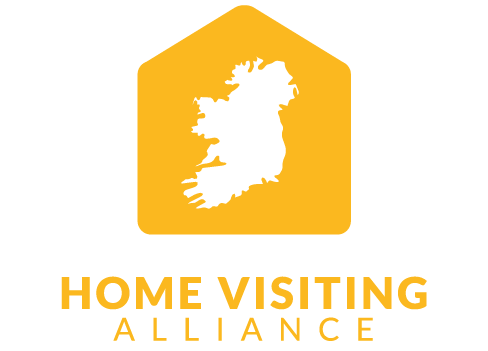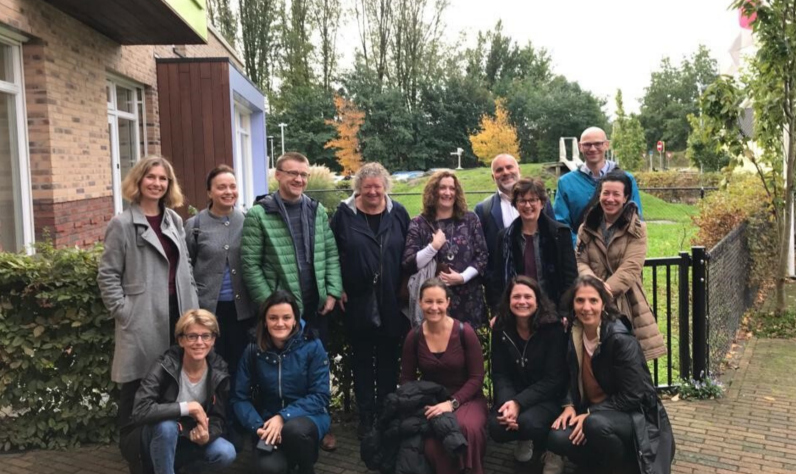
The city of Leiden in The Netherlands was the location for the third International Learning Exchange which took place between 14 and 16 October 2019. The local organizer was International Child Development Initiatives (ICDI), along with Stichting JES Rijnland and the Centre for Children and Families Leiden. The participants, were 15 practitioners, programme coordinators, lecturers, researchers and policy makers from Portugal, Ireland, Norway and The Netherlands. The goal was to get a better understanding of how prevention and early intervention ‘works’ for children with additional needs in the Netherlands.
Out network participants included; Claire O’Buachain, ABC Early Years Coordinator with the Early Learning Initiative, National College of Ireland, Emma Byrne-MacNamee, Lecturer and Facilitator with Technological University, Dublin and TCD, Jelena Simic, Early Years Manager with One Family, and Yvonne Leckey, Researcher and Fieldwork Coordinator with the ENRICH Research Programme, Maynooth University.
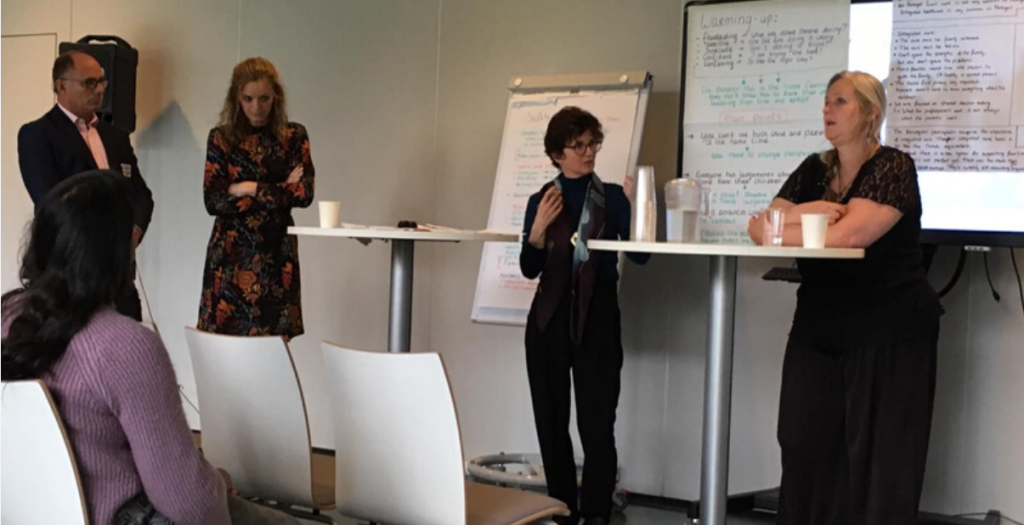
Workshops at the mini-conference on the Final Day
During the busy three-day programme participants had the opportunity to speak with parents, teachers, social workers, policy makers, child projection lawyers, lecturers and family support workers. As part of the opening session, participants heard from an expert on urban studies, Rob Manders from Blaauwberg, a sociological consultancy. Rob drew attention to the intense period of transformation and urban renewal in Leiden in recent decades, which has seen it transitioning from a low-skilled impoverished industrial city to a prosperous highly educated ‘knowledge city’. Rob explained that one of the greatest challenges for the city in 2019 is to link the ‘prosperous and arrived’ with the ‘underprivileged and developing’, a form of solidarity – not only on moral grounds – but also in recognition that ‘the city thrives with new and hidden talent’.
During the remainder of the three-days participants heard from many perspectives about how young children and their families, who are struggling to find their way and to thrive, are being supported. Another highlight is a presentation from child psychologist and director of ICDI Mathijs Euwema, speaking from the perspective of being a father of three young children, highlighted the commercialization of care and support in the Netherlands, and possible over diagnosing and ‘labeling’ of children with additional needs. This is because without an official diagnosis, services are not being paid, a rather perverse incentive in the system.

A further aggravating factor is the decentralization of care which has been taking place in the Netherlands since 2015, meaning that all 355 Municipalities need to come up with and finance their own child and youth care ‘solutions’. This results in a complex mix of (mental) health care, social support and educational services that are either financed by the municipalities, by the health insurance companies or that have to be paid for by parents themselves. For parents and children to find their way in this “jungle” is not an easy feat, even more so for those from marginalized and immigrant backgrounds. Despite all this, Mathijs also emphasized that children in The Netherlands consider themselves the happiest in the world, as consistently shown in research by UNICEF.
For more details of the visit please read the full report below.
[button link=”https://pein.ie/wp-content/uploads/2019/12/3rd-PINN-Visit-Report_Leiden_Oct-2019.pdf” color=”purple” newwindow=”yes”] Full Report[/button]
PINN is funded by the European Commission Erasmus Plus Programme – Strategic Partnerships for School Education – Exchange of Practices. The EC – Erasmus Plus logo will be used for any (internal or external) deliverable, report and dissemination tool, together with the following statement:
“With the support of the Erasmus+ programme of the European Union”

“The European Commission support for the production of this publication does not constitute an endorsement of the contents which reflects the views only of the authors, and the Commission cannot be held responsible for any use which may be made of the information contained therein”.
continue reading
Related Posts
We are delighted to share the launch of our Celebrating Europe Initiative video, which premiered at our recent Annual General […]
The latest edition of Perspectives on Prevention Podcast has just dropped! In this episode Marian Quinn is joined in conversation […]
We are delighted to announce that the second Prevention and Early Intervention (PEI) Summit will take place this October in […]

